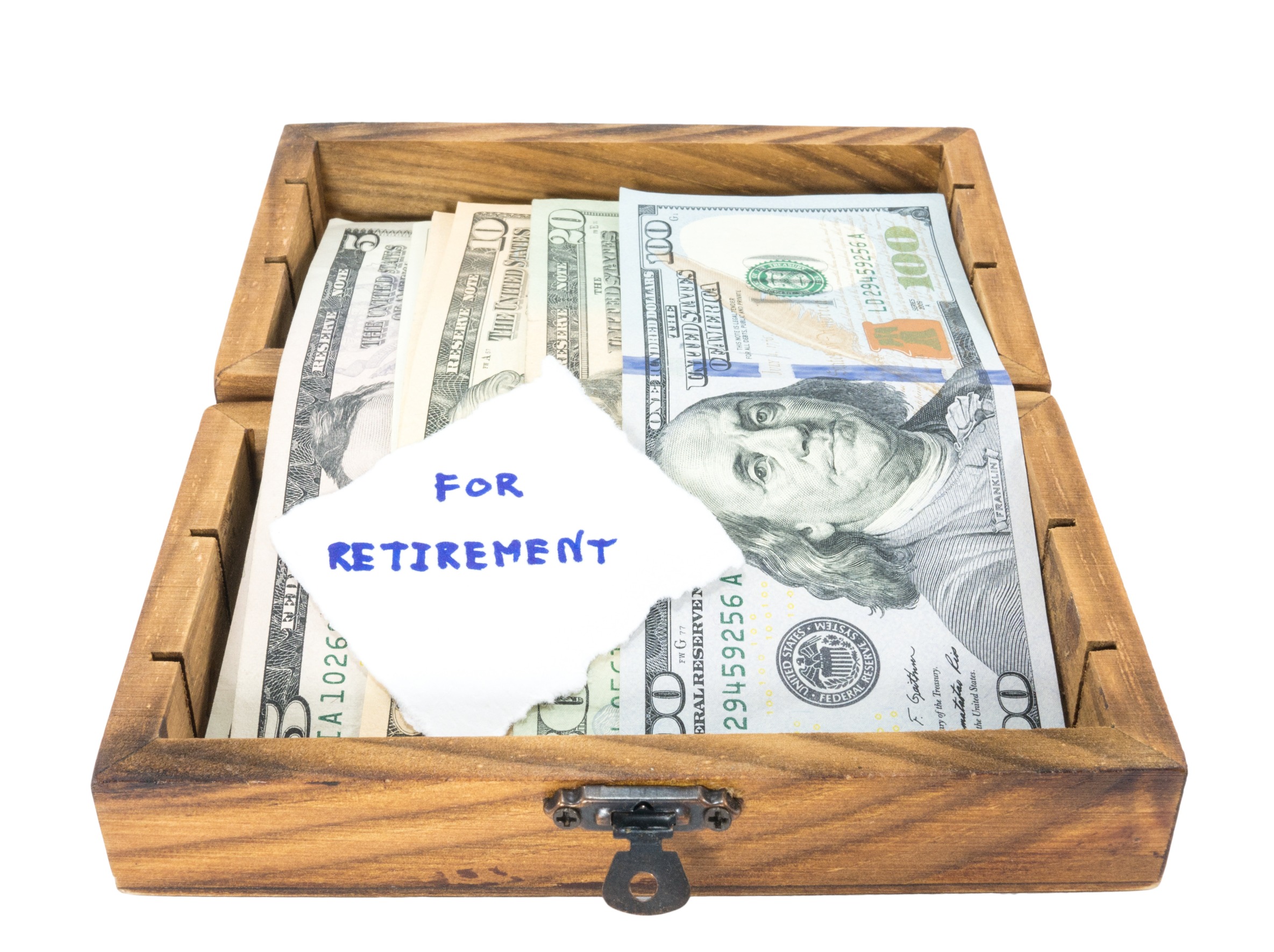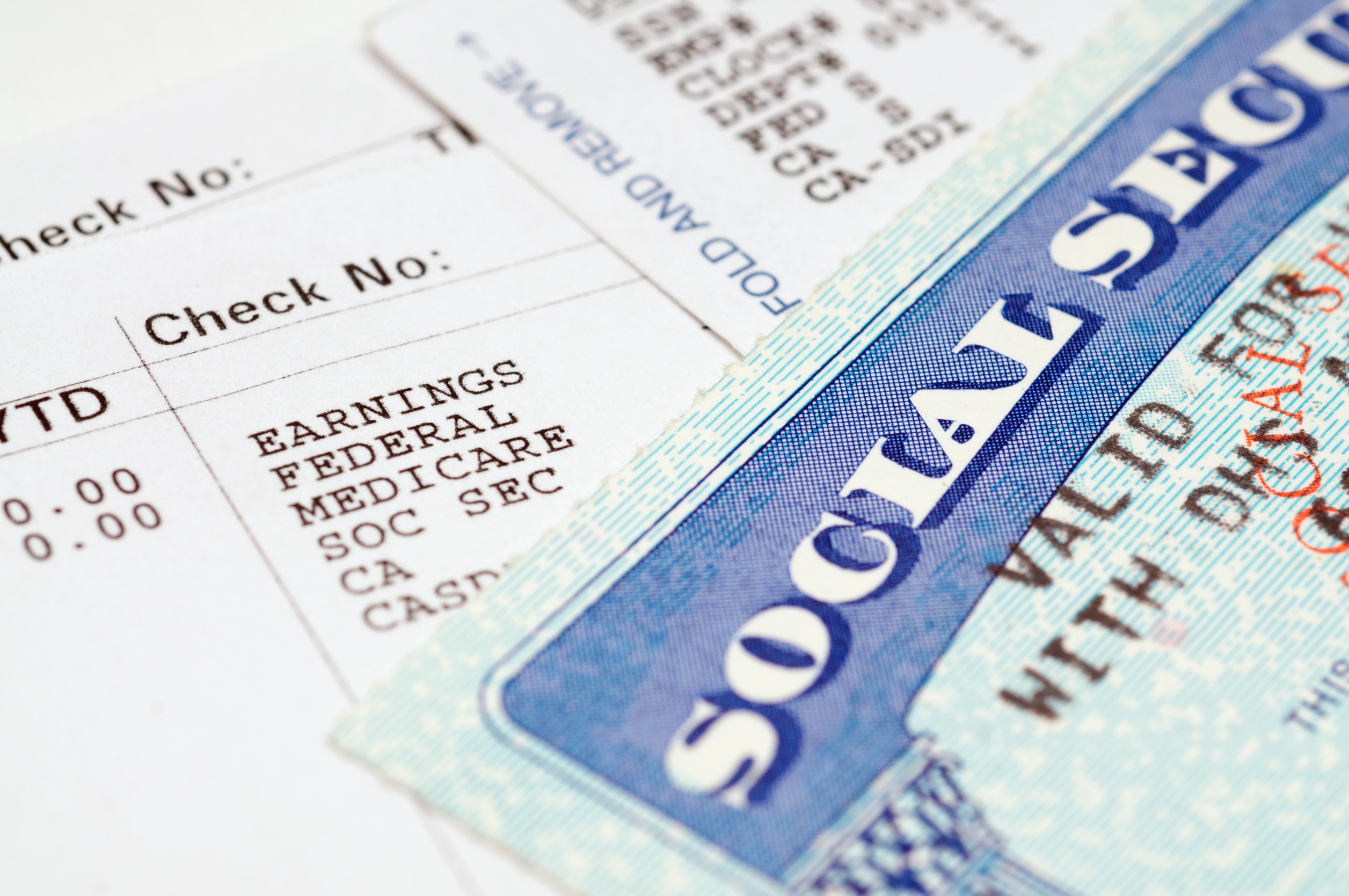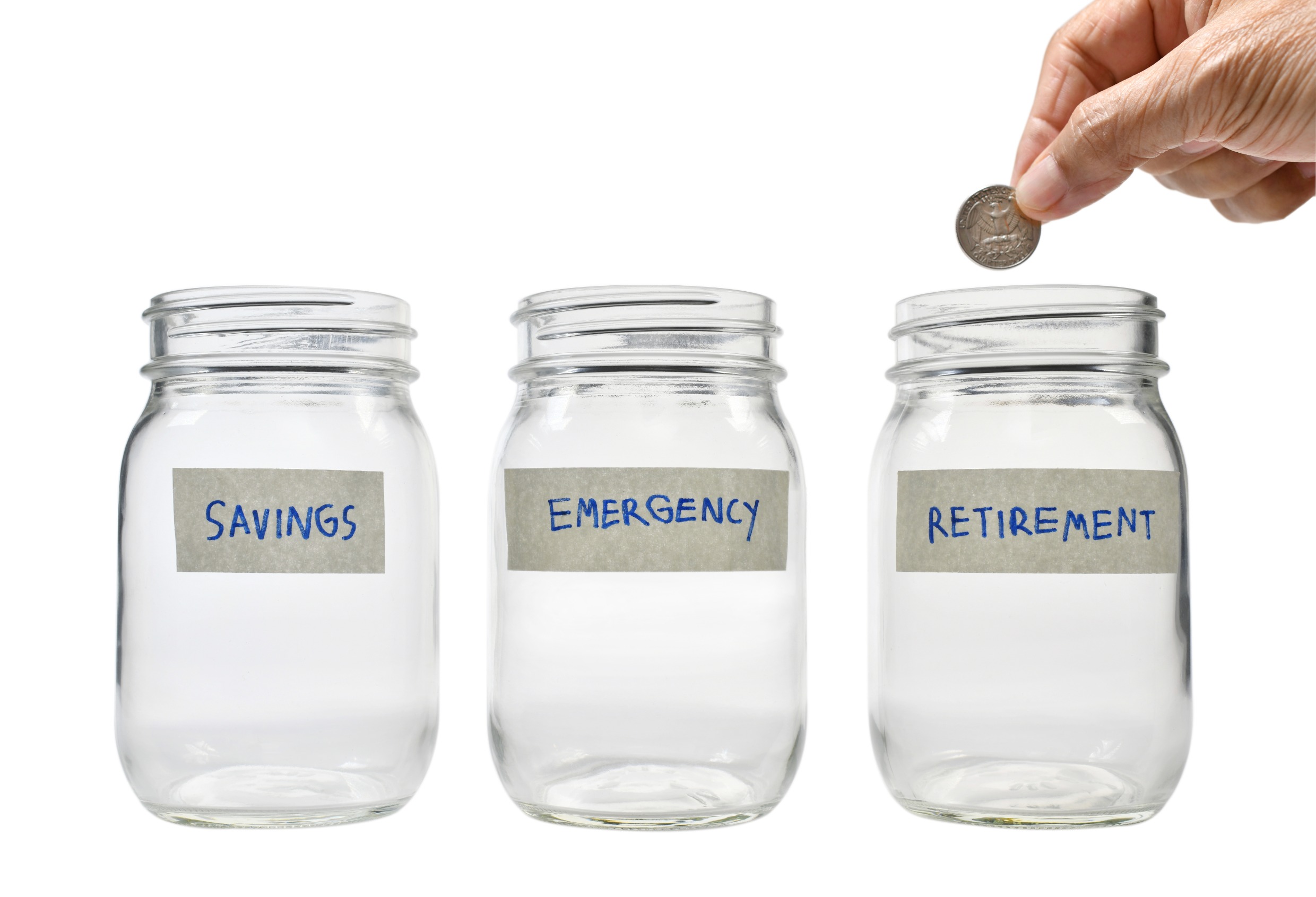In recent years, the trend of unretiring has become increasingly common among Baby Boomers. Many retirees are choosing to re-enter the workforce for various reasons, reflecting changes in economic conditions, personal aspirations, and societal norms. Understanding the motivations behind this trend can provide valuable insights into the evolving nature of retirement. Here are nine reasons why Baby Boomers are unretiring and returning to work.
1. Financial Necessity
One of the primary reasons for unretiring is financial necessity. Many Baby Boomers find their retirement savings insufficient to cover their living expenses. Rising healthcare costs, unexpected financial emergencies, and longer lifespans can deplete savings faster than anticipated. Returning to work helps alleviate financial pressures and provides a steady income stream. For some, unretiring is a practical solution to maintaining their standard of living.
2. Rising Healthcare Costs
Healthcare costs continue to rise, placing a significant burden on retirees. Medicare and other insurance plans may not cover all medical expenses, leading to out-of-pocket costs that strain fixed incomes. Unretiring can provide access to employer-sponsored health insurance, reducing the financial impact of medical bills. Additionally, extra income from working can help cover the cost of long-term care and other health-related expenses. Many Baby Boomers return to the workforce to ensure they have adequate healthcare coverage.
3. Social Engagement
Retirement can lead to feelings of isolation and loneliness, as social interactions often decrease without the daily work routine. Unretiring offers an opportunity to stay socially active and connected with others. Returning to the workplace provides a sense of community and purpose, which can improve mental and emotional well-being. Many Baby Boomers seek the social benefits of working, finding fulfillment in their interactions with colleagues and customers. Staying engaged in the workforce helps combat the loneliness that can accompany retirement.
4. Intellectual Stimulation
The desire for intellectual stimulation drives many Baby Boomers to unretire. Retirement can sometimes lead to boredom and a lack of mental challenges. Returning to work provides opportunities to learn new skills, solve problems, and stay mentally sharp. Engaging in meaningful work can keep the mind active and delay cognitive decline. For those who value continuous learning and intellectual growth, unretiring offers a way to satisfy these needs.
5. Sense of Purpose
Many Baby Boomers find that retirement lacks the sense of purpose that a career provides. Work can offer a feeling of accomplishment and significance that is hard to replicate in retirement. Unretiring allows individuals to contribute to society, share their expertise, and achieve personal goals. The sense of purpose that comes from meaningful work can enhance overall life satisfaction. Baby Boomers often return to the workforce to reclaim a sense of purpose and direction.
6. Pursuing Passion Projects
For some Baby Boomers, unretiring is an opportunity to pursue passion projects or second careers. Retirement can provide the freedom to explore new interests and turn hobbies into paid work. Whether it’s starting a small business, engaging in creative endeavors, or entering an entirely new field, unretiring can be a gateway to fulfilling lifelong dreams. Many Baby Boomers return to the workforce to follow their passions and find joy in their work. This transition often brings a renewed sense of enthusiasm and fulfillment.
7. Supporting Family Members
Supporting family members financially motivates some Baby Boomers to unretire. With children facing student loans, housing costs, and other financial challenges, retirees may feel compelled to help. Additionally, caring for aging parents or spouses with medical needs can require additional income. Returning to work provides the financial resources needed to support loved ones effectively. Unretiring becomes a way to ensure the well-being of family members and meet their needs.
8. Longevity and Health
As life expectancy increases, many Baby Boomers remain healthy and active well into their later years. The desire to stay productive and engaged drives some to unretire and continue working. Longer, healthier lives mean many retirees still have the energy and capability to contribute to the workforce. Working can provide structure and routine, positively impacting physical and mental health.
9. Economic Conditions
Economic conditions like inflation and market volatility can impact retirement plans. Fluctuating investment returns and changes in the cost of living can make fixed incomes less reliable. Unretiring provides a way to mitigate economic uncertainties and ensure financial stability. By re-entering the workforce, retirees can adjust to changing economic realities and protect their financial future. Essentially, the decision to unretire is influenced by the need to adapt to evolving financial landscapes.
Unretiring Is a Baby Boomer Trend for Many Reasons
The trend of unretiring among Baby Boomers reflects a combination of financial, social, and personal factors. Returning to the workforce solves financial challenges, healthcare costs, and the desire for social engagement and intellectual stimulation. Additionally, opportunities to pursue passions, support family members, and adapt to economic conditions motivate many to re-enter the job market. As life expectancy continues to rise and economic conditions evolve, the trend of unretiring is likely to remain significant for Baby Boomers seeking a fulfilling and secure retirement.
Read More:
11 Things Gen Z Can Teach Baby Boomers About Money
Searching for Love: 10 Ways Dating Is Different for Baby Boomers and Millennials



































